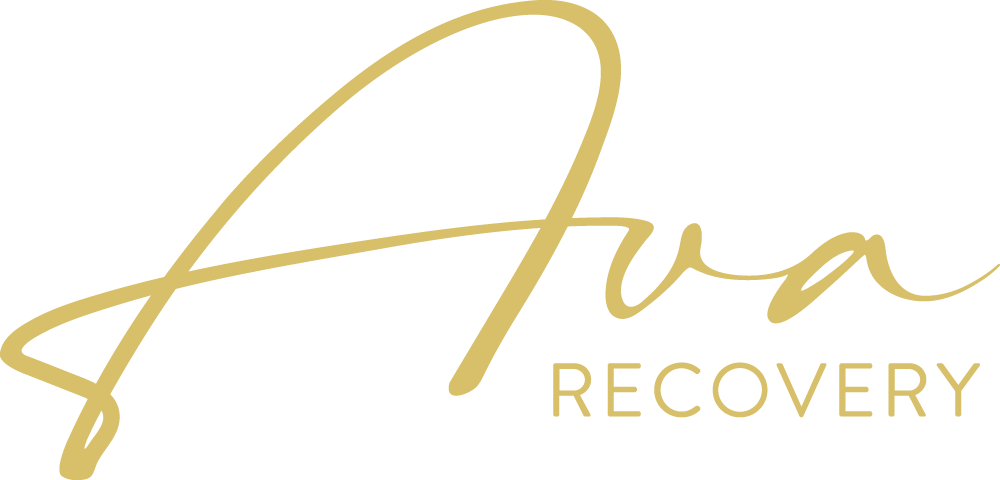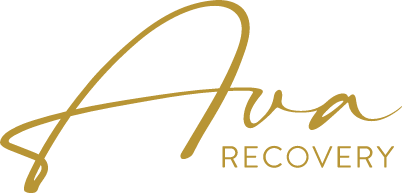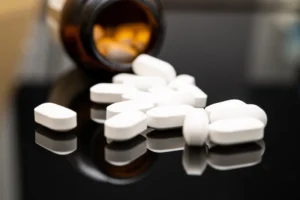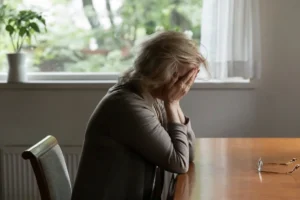Addiction counseling is the backbone of recovery, something that takes the form of individual and/or group counseling. It is part of nearly all addiction treatment programs and takes place after detox. But what does it look like? How does it work?
Addiction Counseling Steps
When you reach out for help with addiction, the counseling sessions you receive will vary based on the individual. However, they all involve many of the same steps.
Assessment
The first part of addiction counseling is the initial assessment. This is often done as part of your intake and helps to evaluate your substance abuse history, physical and mental health, family history of the same, and any additional factors that might contribute to your addiction.
This helps to inform the proper course of treatment. Each client is different, and the assessment helps to determine where the counseling sessions should focus.
Individualized Treatment
Clients receive individualized treatment with addiction counseling and similar treatment in group counseling. Nonetheless, the assessment helps professionals to determine things like:
- What the goals will be for addiction counseling
- Whether medication is needed
- If there are co-occurring mental health disorders
- What support groups are best
This plan will often span several weeks and months, depending on the length of your recovery.
Counseling Process
When the plan is made, addiction counseling begins. This is often a combination of individual and group therapy sessions during which you will:
- Learn the root cause of addiction
- Learn how addiction impacts behavior and emotions
- Develop personalized coping strategies
- Identify personalized triggers
- Rebuild your relationships
- Find support from others
This process typically takes place at your treatment center. If you are participating in residential care, then you can enjoy a full time schedule of counseling sessions. If you are participating in an outpatient level of care, then you will come to your treatment center each day you have sessions.
Aftercare
Following your main treatment, you can expect help developing an aftercare program. This type of aftercare often includes community support, support groups in your area, and things like 12-Step programs. Such support can be a wonderful tool for lifelong recovery.
How Does Addiction Counseling Work?
Addiction counseling works similarly to other forms of psychotherapy. It provides a space for a client and counselor to converse, build a relationship, and develop a plan of recovery. It also helps clients to build healthy habits, relationships, and support groups.
The needs of each client will differ, so the actual counseling process will differ for each person. However, the same steps and framework are involved across the board. Addiction counseling is a crucial tool for recovery, helping people find education about addiction and develop strategies to improve wellness.
Getting Addiction Counseling with Ava Recovery
Outpatient drug rehab doesn’t have to be boring, with people sitting in a sterile room on foldable plastic chairs. With Ava Recovery, our programs are focused on improving your connection with yourself. We know that trauma is often the root cause of addiction; what you do with drugs or alcohol stems from an attempt to meet your needs.
That is why we aim to meet clients where they are, offering trauma-focused care, on-site equine assisted psychotherapy, individualized treatment, and a combination of DBT and IFS group therapy. Our luxury facility boasts a pool, semi-private rooms, a rec room, and volleyball court. During your residential stay, you can enjoy meals provided by our professional chef.
Overall, the addiction counseling process looks different for everyone but will always involve working through personal trauma or events that contribute to or exacerbate addiction. With the right drug rehab program, you can work through these issues in a safe, secure environment.
Contact Ava Recovery today at (833) 330-3009 to learn more about addiction counseling.






